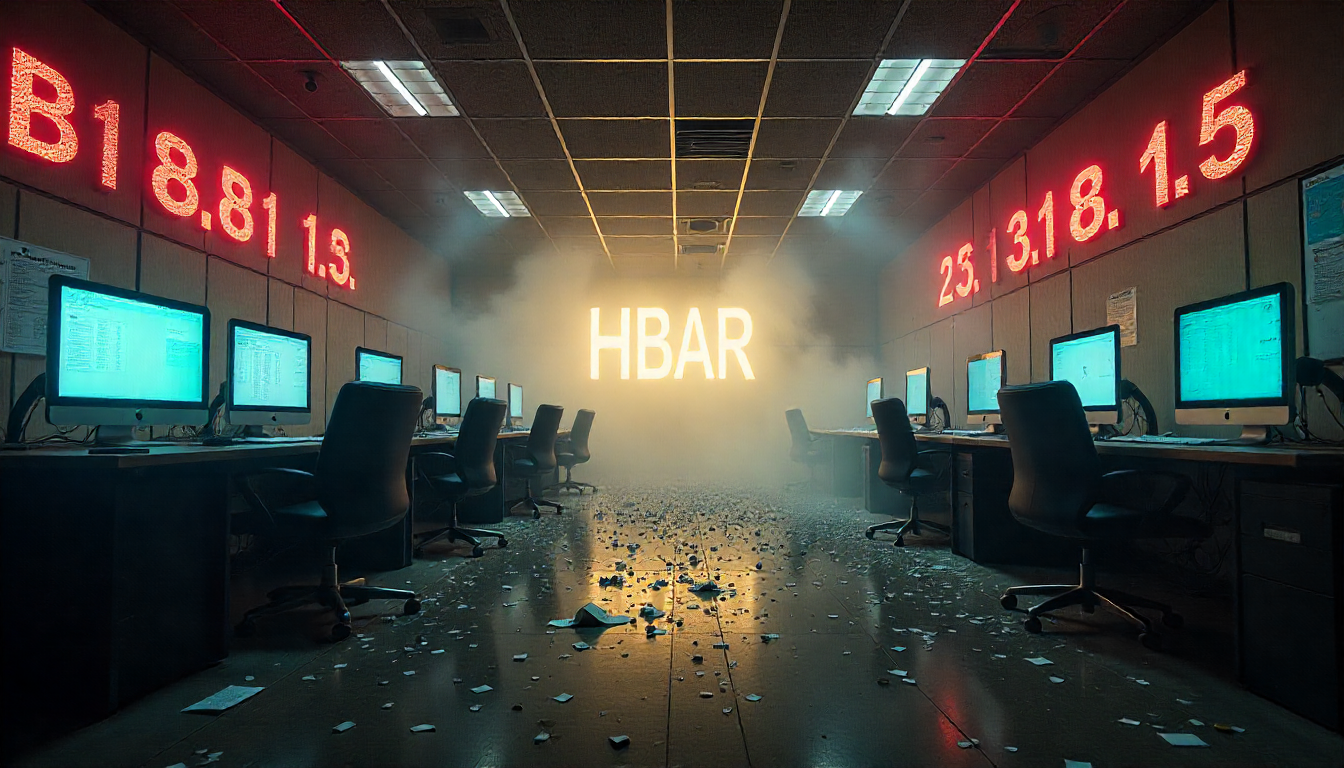Bitcoin Mining Difficulty Set to Break Records as Hashrate Surges Toward New Highs
Bitcoin’s mining difficulty is on track to increase by over 4%, reaching a fresh all-time high near 126.95 trillion (T), driven by rising hashrate and growing miner engagement, even as transaction fees stay unusually low.
This next difficulty adjustment is expected to be finalized within roughly 100 blocks, surpassing the current record of 123T. At the beginning of the year, the difficulty stood at 109T, marking substantial growth over recent months, according to Coinwarz.
The rise in difficulty reflects a significant uptick in the network’s total computing power. The seven-day average hashrate recently climbed to 918 exahashes per second (EH/s), up from 840 EH/s two weeks prior. This figure edges close to the all-time hashrate peak of 925 EH/s, signaling the potential for a new record.
Despite the increase in mining strength, Bitcoin transaction fees remain relatively low. A high-priority transaction currently costs about 2 satoshis per virtual byte (sat/vB), equivalent to roughly $0.30. Miners continue to favor transactions with higher fees for faster processing.
This scenario highlights a growing divergence on the Bitcoin network: while mining infrastructure and security reach new heights, transaction activity and fees remain subdued, indicating a complex balance between network growth and user demand.





